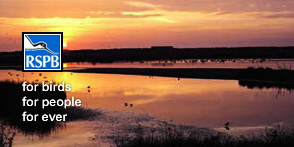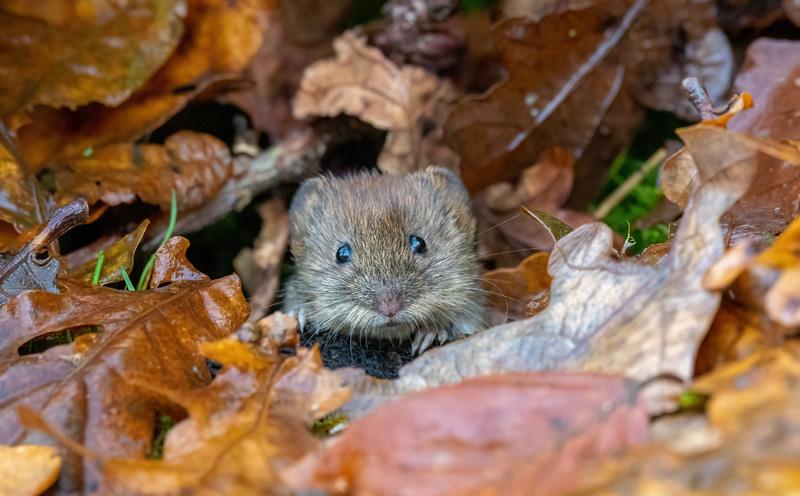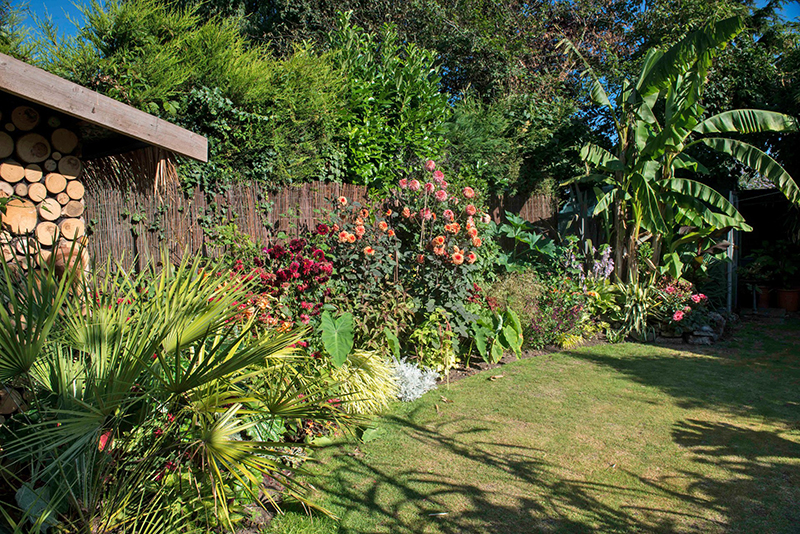 Norfolk Broads Could Vanish, wildlife group warns
Norfolk Broads Could Vanish, wildlife group warns
David Adam, environment correspondent
Wednesday October 3 2007
The Guardian
The Norfolk Broads, one of Britain’s greatest natural treasures, is under increasing threat from pollution, rising sea levels and growing demand for water, the Royal Society for the Protection of Birds warns today.
The group says much of the wetland landscape across Norfolk and Suffolk has been badly damaged by years of neglect and could disappear by the middle of the century, as climate change raises sea levels. It is calling for greater efforts to increase bird numbers, improve water quality and sustainably manage the region’s best wildlife sites.
Richard Powell, RSPB director for eastern England, said: “The impact of the 20th century has mostly not been kind to broadland. Though much of great value remains, we have damaged a great natural treasure. Business as usual in the broads is not acceptable. We need a debate on how we manage the broads so its nature recovers, it is an asset for people and business, and it offers a truly sustainable future.”
In a report published today the RSPB says a carbon budget should be established for the region to measure and reduce emissions, and that targets should be set to encourage 20% of visitors to leave their cars at home by 2015, and to power half the boats using the waterways with electricity.
Chris Durdin of the RSPB eastern office, who wrote the report, said: “Nothing in the broads is simple. This will be tough and expensive.”
The most worrying aspect of the broads’ decline is that almost three-quarters of its Sites of Special Scientific Interest (SSSI) are now rated as being in “unfavourable” condition, according to figures from Natural England, said the society.
Mr Durdin said a powerful navigation lobby and recreational interests had overwhelmed conservation efforts in the region. Unlike the UK’s national parks, authorities and groups in the broads – a freshwater network of 60 manmade, shallow lakes linked by rivers and tributaries – do not have to give priority to wildlife.
The RSPB says: “This is the single most damming piece of evidence that all is not right for wildlife in the broads … this is difficult to tackle, but by no means impossible given sufficient will and resources from the government and its agencies.”
The report lays out 12 indicators to work towards over the next eight years, including a recovery of wading birds to 1982 numbers and two-thirds of pubs in the area sourcing food locally.
Copyright Guardian Newspapers Limited 2007
To see this story with its related links on the Guardian Unlimited site, go to http://www.guardian.co.uk/environment/2007/oct/03/conservation.sciencenews








